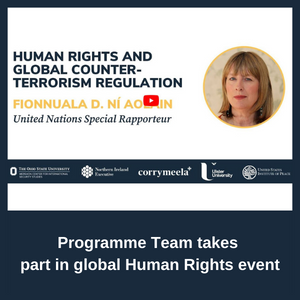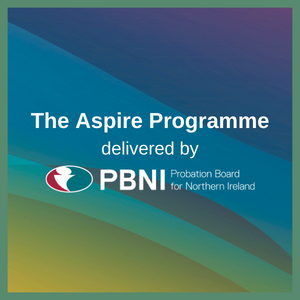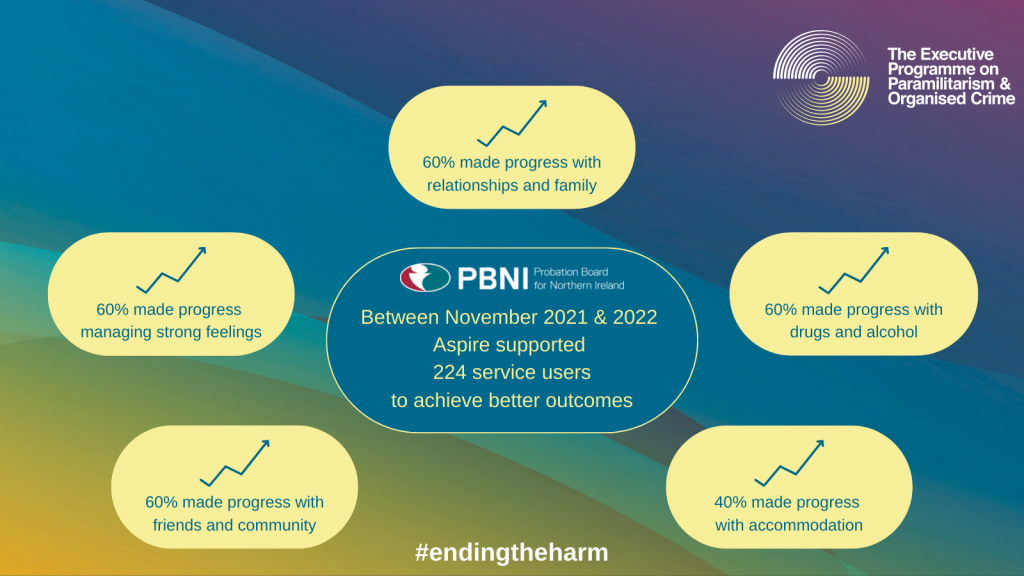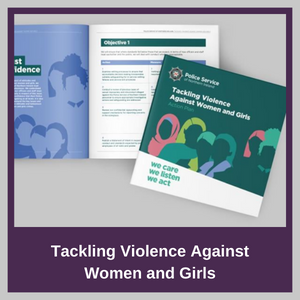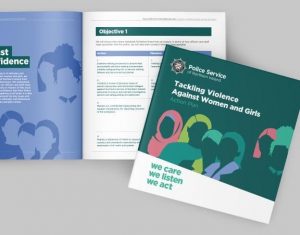Ohio State University’s Mershon Center for International Security Studies held a virtual conversation with Special Rapporteur Fionnuala D. Ní Aoláin about the role of human rights protection in the context of global counter-terrorism regulation.
Claire Hazelden, Research Analyst for the Programme said: “We were delighted to be part of this perceptive and thought-provoking conversation and to have the opportunity to provide insight from our own research into ending harm and addressing vulnerability. This ongoing partnership is an important part of how we share our data on ‘what works’ for people and communities in Northern Ireland, as well as continuing to hear from those engaged in innovative work across the world.”
The program was co-sponsored by the Mershon Center for International Security Studies, Corrymeela Community, Northern Ireland Executive’s Tackling Paramilitarism Programme, Ulster University, and the United States Institute of Peace.
Click below to watch the event recording.

